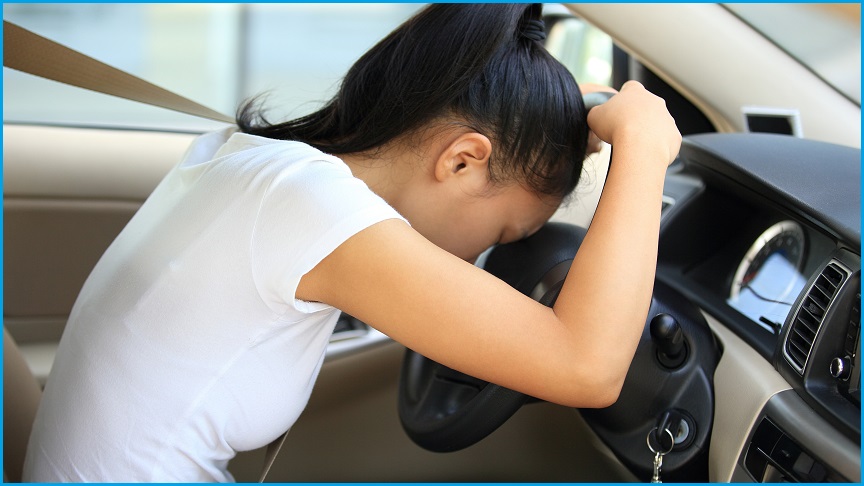South Korean car manufacturer Kia and its parent company Hyundai won’t be building the secretive Apple electric vehicle after the deal reportedly soured.
A local news report last week suggested Kia was looking at a deal with Apple worth $4.6 billion to manufacture the cars – but now it looks like the deal is off the table.
Hyundai recently issued a statement to South Korean financial regulators confirming it was not in talks with Apple following what Reuters called “concern in online stock forums” about possible insider trading at the motoring giant.
“Our company is not proceeding with talks with Apple on the development of autonomous driving vehicle,” a Nikkei translation of the statement said.
“Our company is receiving requests from multiple companies to jointly develop autonomous EV cars, but nothing has been decided yet, since it is in the early stage.”
Retail investors reportedly thought they spied dodgy dealings as Hyundai executives had been selling their shares in recent weeks.
An official at South Korea’s financial regulator told Reuters it was “difficult to say this is trading based on undisclosed information” and is unlikely to investigate further.
Hyundai’s share price had gone up more than 20 per cent between its first soft confirmation of the Apple deal and the latest retraction.
Sources speaking to Bloomberg said Apple called off the deal weeks ago and was still shopping around with other car manufacturers in South Korea and Japan.
Apple will need to lean on the manufacturing capacity of other companies in order to produce its cars, as it is not expected the tech giant will begin producing long-awaited cars on its own.
Apple ramped up its testing of automotive software in 2020, clocking 30,263km worth of testing compared to 12,140km in 2019.
The iPhone creator, while secretive about the details and dealings of its upcoming electric vehicle project, still has to log the distance its automated system travels on Californian roads while it is being tested.
Companies testing autonomous driving software in California also have to track the number of times the car ‘disengages’ and hands control back to the driver – something Apple’s test vehicles did 130 times during its 2020 tests.










